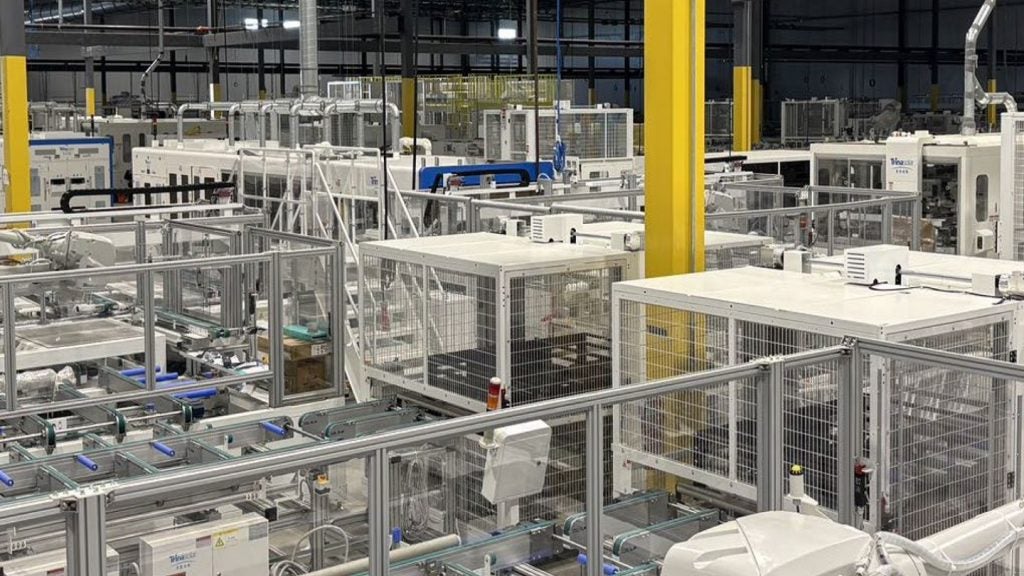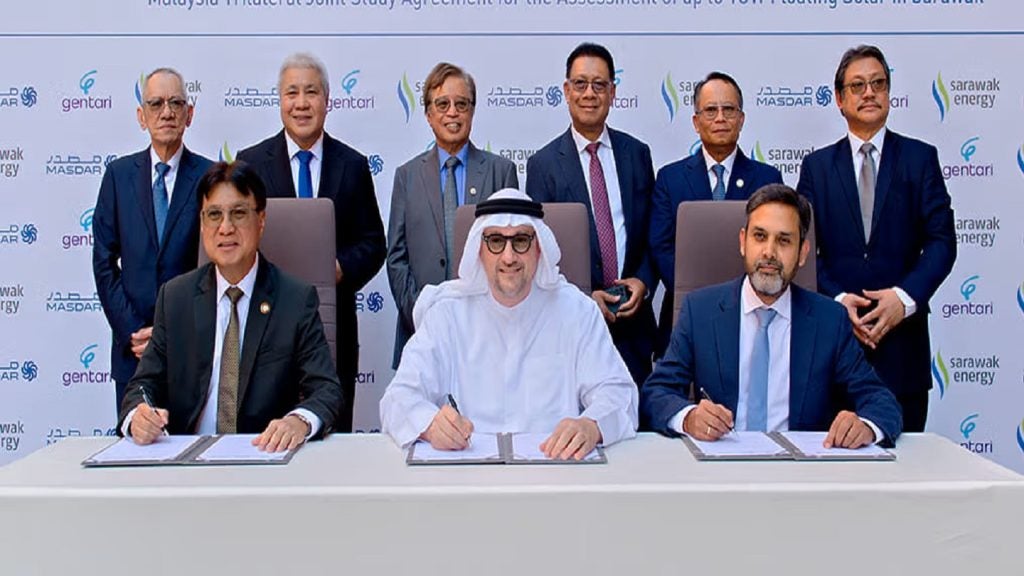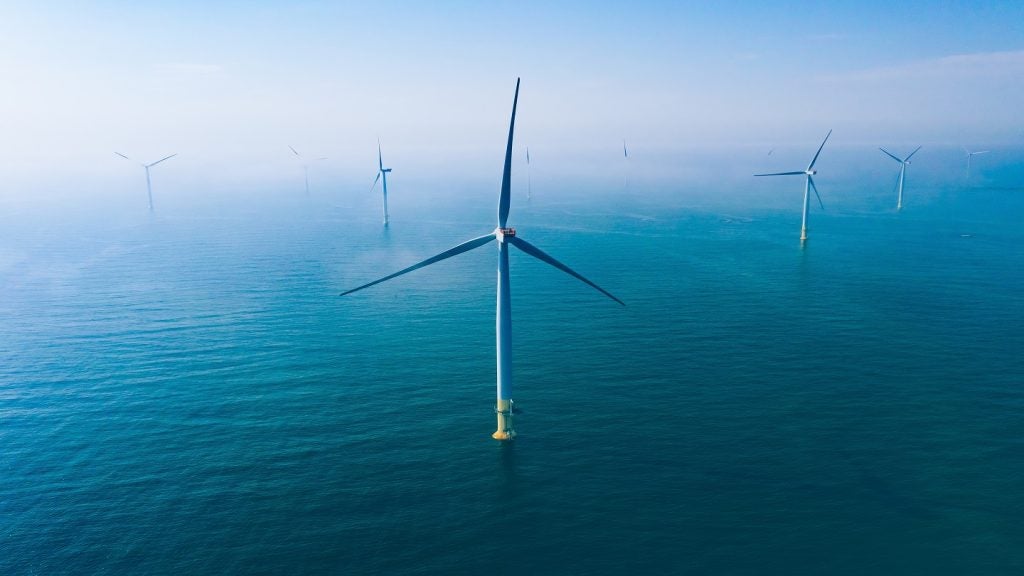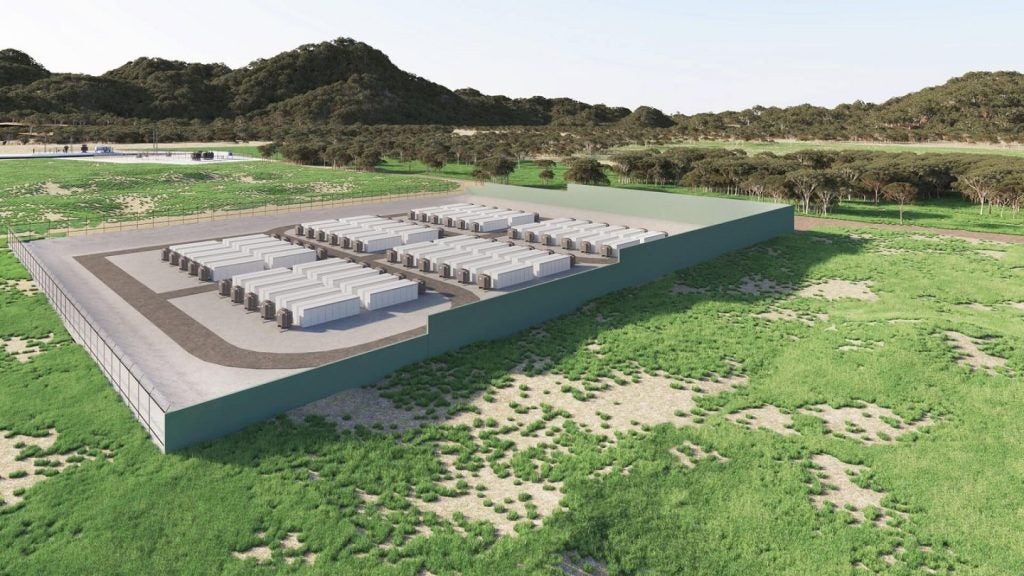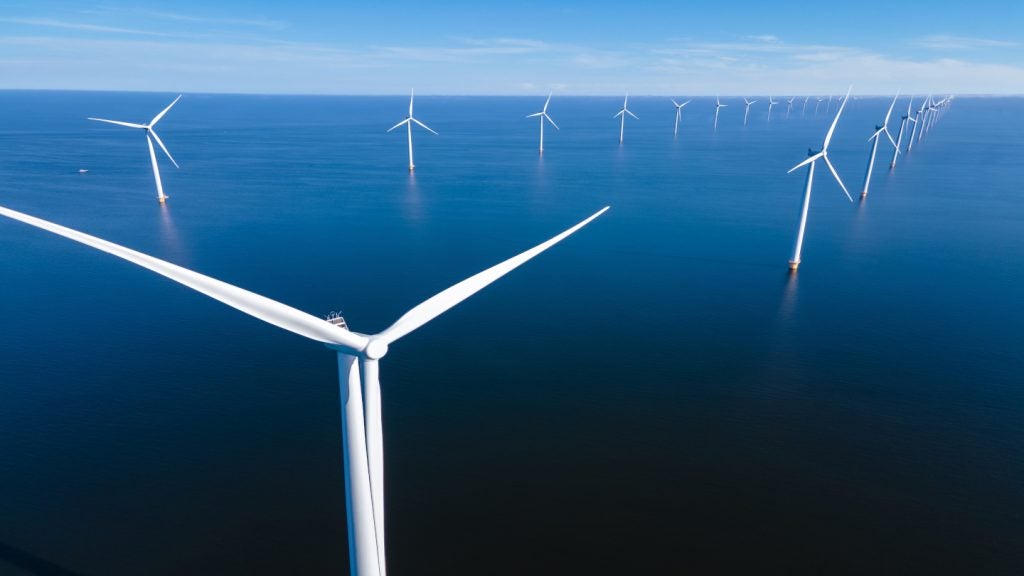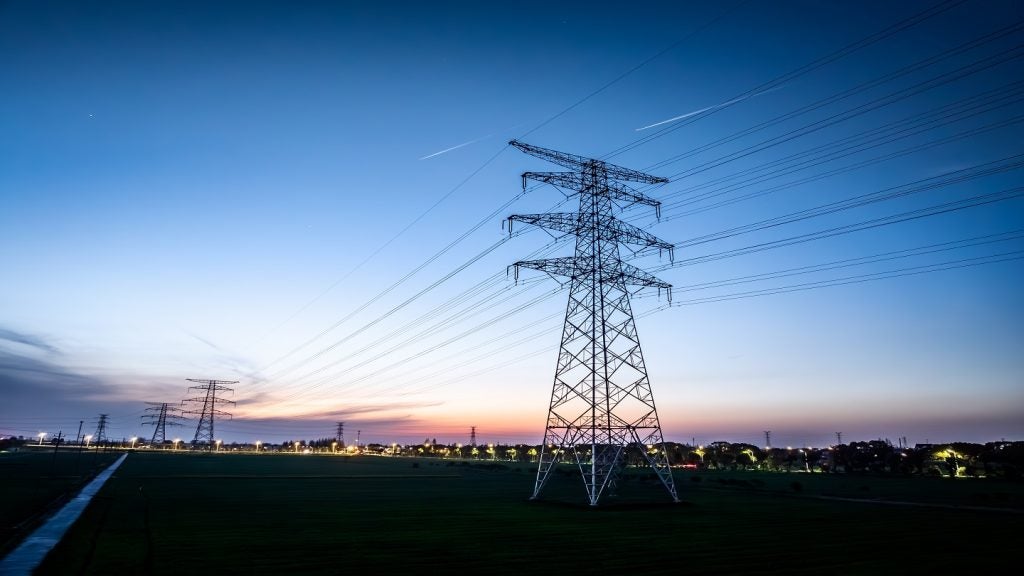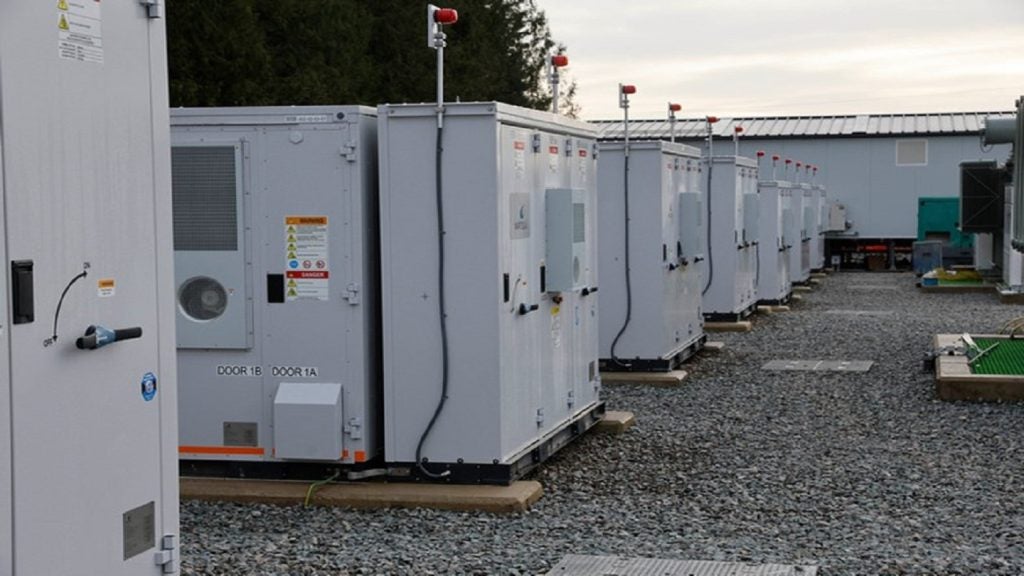FREYR Battery has agreed to take over Trina Solar’s 5GW solar module manufacturing facility in Wilmer, Texas.
The $340m transaction will close by the end of 2024, subject to customary conditions and the completion of a preferred stock issuance.
Trina Solar will receive $100m in cash, a $50m repayment of an intercompany loan and a $150m loan note.
The deal also includes 9.9% of FREYR's outstanding common stock and a convertible loan note that could convert into an additional 11.5% of FREYR's outstanding common stock.
The facility, which commenced production on 1 November 2024, is set to reach full production in 2025.
30% of the expected total production output from the facility is already committed to be sold through contracts with customers in the US.
FREYR has secured a $100m commitment for stock issuance and an additional $14.8m for a private placement of 7% of its outstanding common stock to Chunyan Wu, a co-founder and significant shareholder of Trina Solar.
Upon closing, FREYR will implement a strategic plan to establish a vertically integrated US solar manufacturing footprint in multiple phases.
The plan includes the construction of a 5GW solar cell manufacturing facility in the US, with site selection in progress and construction to begin in the second quarter of 2025.
Solar module production will commence in the fourth quarter of 2024, with the first solar cell production anticipated in the second half of 2026.
FREYR has also announced executive changes, with board chairman Daniel Barcelo becoming its new CEO. FREYR’s co-founder Tom Einar Jensen will take on the role of FREYR Europe CEO, focusing on optimising and monetising the company's European portfolio.
FREYR CEO Daniel Barcelo stated: “We are pleased to announce this transformative transaction, which will immediately position the company as one of the leading solar manufacturing companies in the US. We are proud to be partnered with Trina Solar, a global manufacturing and solar technology leader.
“Domestic manufacturing capacity for solar and batteries is essential for energy transition and job creation. The US was once the global leader in solar, and it can be again.”


